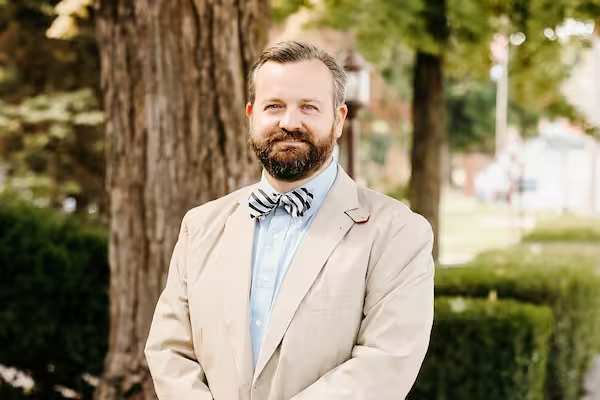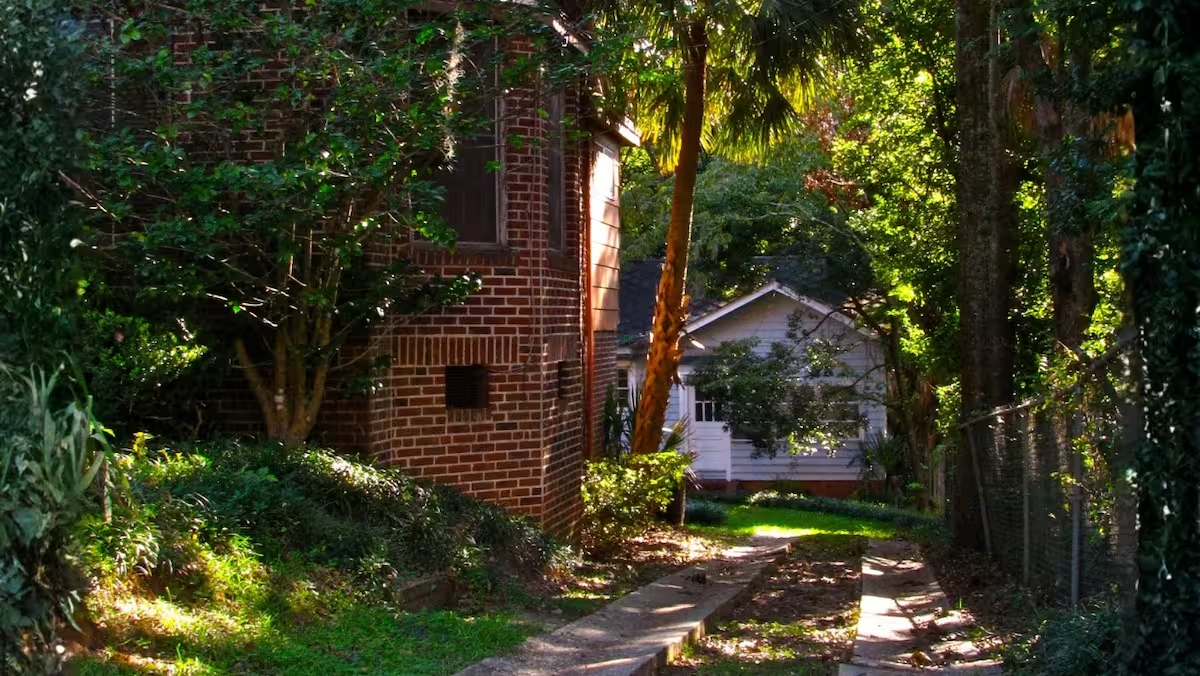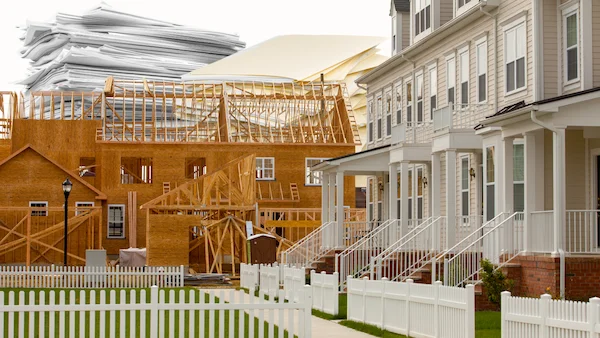In 2023, a local builder and a resident stood before the Tallahassee City Commission with a frustration that many across the country can relate to: the city’s code for accessory dwelling units (also known as backyard cottages or ADUs) was so restrictive that it made small-scale housing nearly impossible to build.
On paper, backyard cottages were legal. In practice, they were burdened by rules that treated them like major developments. The permitting process included requirements that were out of proportion to the scale of the project, and the numbers showed it. In 2022 and 2023, the city issued only a dozen ADU permits in total.
For homeowners, creating a small rental, a place for aging parents, or a starter apartment for a young adult just wasn’t worth the hassle.
What happened next is what sets Tallahassee apart. Instead of brushing off the complaint, city leaders asked their staff to take a hard look at the code.
Planners didn’t retreat behind closed doors. They met with developers, builders, and neighborhood residents to ask a simple but powerful question: What rules make sense for projects of this scale — and what rules don’t?
Through one-on-one conversations, small group meetings, and a public hearing, they identified the main barriers:
- Height limits tied backyard cottages to the size of the main house, eliminating efficient two-story designs in existing single-story neighborhoods.
- Shared utilities and addresses were mandated, creating headaches for owners who wanted rental flexibility.
- Site plan reviews — designed for multifamily projects — were triggered for simple backyard cottages that exceeded overly restrictive standards.
In March 2024, Tallahassee adopted a new ordinance that scaled the rules to the project:
- Backyard cottages are now allowed up to two stories, regardless of the main house.
- Owners can choose separate or shared utilities and addresses, depending on their needs.
- Backyard cottages are exempt from density counts and don’t trigger site plan reviews unless the lot holds three or more primary units.
- The maximum size of backyard cottages was increased to encourage over-garage apartments and allow more flexibility on smaller lots.
The city didn’t stop at code reform. It launched a handbook and public website to guide residents through the process, demystifying permitting and design. It also worked with neighborhoods to address concerns about setbacks and parking, keeping rules consistent with existing homes.
Results That Speak for Themselves
The change worked. In the year after the new ordinance took effect, Tallahassee issued over 42 ADU permits, more than four times as many as in the previous years.
One of the most powerful outcomes of the rule change is that a single lot with a duplex can now host two accessory units. On paper, the city still counts that as two units. In practice, that property now holds four homes, allowing more space for families, more affordable options for renters, and more wealth-building potential for owners.
This is what happens when cities stop treating small projects like big ones. Right-sized codes unleash the creativity and investment of residents.
Tallahassee didn’t make backyard cottages effortless. It made them reasonable. The result is dozens of new homes built not by large developers, but by ordinary people making smart choices for their families and neighborhoods.
If your city says it supports affordable housing but still issues rules that make small-scale projects unworkable, Tallahassee offers a model. Start with the barriers that don’t make sense, listen to the people actually trying to build, and adjust the rules so the process fits the project.
When cities right-size the rules, people will step up — and the results can transform a community.
Learn how to right-size your city's housing rules with our two housing toolkits. From specific strategies to case studies to key metrics, they have the information you need to start welcoming more housing in your city.




.webp)
.webp)